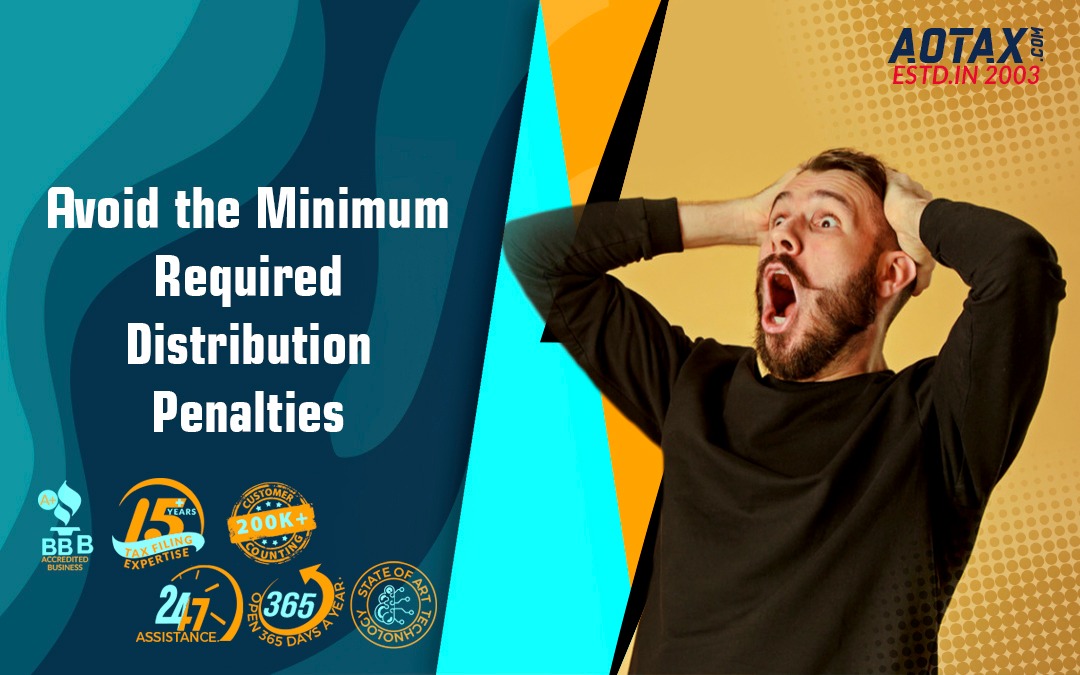


Early Withdrawal Penalties
Early Withdrawal Penalties
Withdrawal Penalties.The whole idea of retirement planning is to ensure that you have enough money at your disposal during the non-working phase of your life. This is one of the primary reasons there are penalties if you go for early withdrawal in such schemes. The government provides several tax breaks for retirement plans and also penalties if you wish to withdraw from those earlier than anticipated. These penalties are in place to discourage you from using these funds for anything else apart from retirement. Essentially, if you withdraw any amount from your retirement fund accounts before the age of 59 and half years, you pay a penalty of 10%. This is on the top of the income tax that you must pay on the amount you just withdrew. Thus, you need to access the situation very carefully before going ahead with the decision to disturb your retirement funds.
Can you avoid the penalty?
The following are some of the most common methods that you can follow to skip the penalty.
- Maturity age
All the retirement funds have a maturity age of 59 ½ years. If you withdraw any money from your funds post this age, the 10% penalty does not apply to you. However, you will still have to pay income tax on each withdrawal.
- Medical Expenditure
If you have undergone any medical procedures or treatment and the amount exceeds 10% of your annual income, you can use your IRA contributions to pay for the same. The only two check points being, the medical expenses should be in the same year and you should not already have reimbursed it.
- Purchase of Home
You can use up to $10000 (or $20000 valid only for couples) from your IRA contribution to pay for your first home without inviting any sort of penalty. IRA will pursue a background check to ensure neither you nor your spouse owns a home within the two-year period which leads to the sale of a house. If due to some reason the plan falls apart, you must deposit the amount back in 120 days to avoid penalty.
- Disability
In the unfortunate event of you becoming disabled before the maturity age for retirement funds and cannot take part in any activity which will act as source of income, you can opt for a penalty free withdrawal from your retirement fund. The IRA entertains only genuine cases, as it sends in a physician to confirm the same.
- College Expenses
There is yet another way in which you can skip the penalty of withdrawing the fund prior to the prescribed age. If you, your spouse, children or grandchildren want to pursue higher education, and you decide to pay the same from your IRA contributions, it will not fetch any penalties. IRA considers usual expenditure such as tuition fees, supplies, books etc.
- Health Insurance
In the unfortunate event of you being unemployed for a certain duration of time, you can use your IRA contributions to pay for medical insurance to avoid them from getting lapsed. You can pay for the medical insurance for yourself, your spouse and any dependents. In order to qualify for the same, you should have received compensation for unemployment for a period of 12 weeks consecutively.
- Passing it on
You can pass on the retirement funds to an heir if you lose your life before the age of 59 ½ years. This will not attract any penalty unless the heir is your spouse. In that case, they are again subject to the 10% early withdrawal penalty.
There are sure some ways of getting around the 10% penalty. But that should be your last resort and not the first line of defense. You should only consider IRA or any retirement fund for that matter in situations where there are no other ways out.

Recent Comments